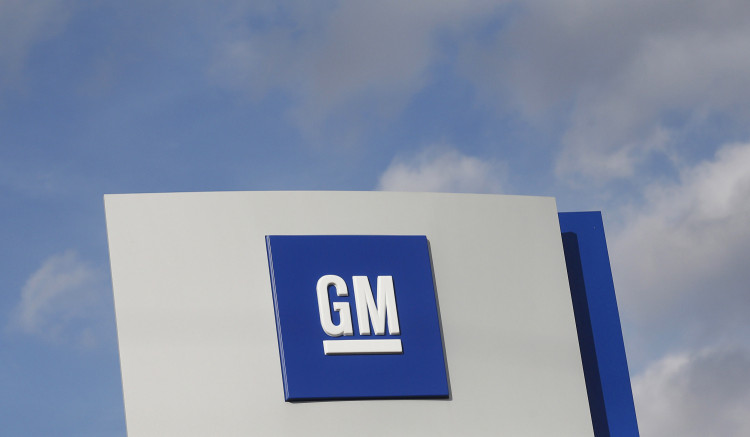General Motors had advised owners of 2017-2019 Bolt EVs involved in a recent recall not to park their vehicles inside or charge them unattended overnight after two of the vehicles caught fire.
Earlier this month, one of the fires occurred while the vehicle was charging at the home of a Vermont politician. The other fire happened in New Jersey, according to a GM representative, who added that the company was notified about it earlier this week.
"General Motors has been notified of two recent Chevrolet Bolt EV fire incidents in vehicles that were remedied as part of the safety recall announced in November 2020," the company said in a statement.
"Out of an abundance of caution, we are asking owners of 2017-2019 Chevrolet Bolt EVs who were part of the recall population to park their vehicles outdoors immediately after charging and not leave their vehicles charging overnight while we investigate these incidents."
According to Electrek, GM confirmed that there have been eight confirmed vehicle fires in the recalled Bolts, with five additional cases under investigation.
GM recalled 68,667 Chevrolet Bolt EVs built between 2017 and 2019 for fire risks in November, with CNBC reporting that Jesse Ortega, executive chief engineer for the Chevrolet Bolt EV, said the fires could be attributed to the high-voltage batteries.
He also said that GM determined that the vehicles involved in the fires were all at or near full charge and had batteries manufactured by LG Chem between May 2016 and May 2019.
LG Chem, one of the leading electric-vehicle battery makers, has customers such as GM, Ford Motor, Renault, Hyundai Motor, Volkswagen and Volvo. The company, in particular, is a battery supplier to Tesla's Shanghai facility.
Earlier this year, LG Chem made headlines when Hyundai recalled 76,000 Kona Electric vehicles equipped with LG Chem batteries manufactured between 2018 and 2020. The recall, which cost Hyundai over $900 million, followed reports of 15 Kona Electric fire occurrences since mid-2019, according to The Verge.
LG Chem assumed 70% of the cost of replacing battery systems.





